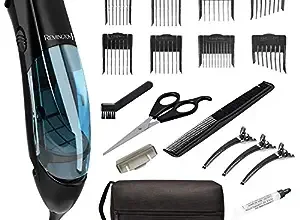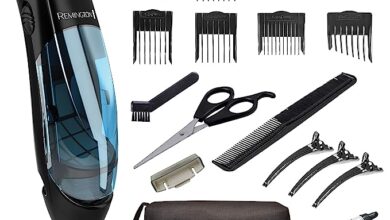Can you use vegetable oil on hair clippers ? 2024

Hair clippers are indispensable tools for maintaining well-groomed hairstyles, and proper maintenance is crucial for their longevity and optimal performance. When it comes to lubricating the blades of hair clippers, many individuals wonder if household items, such as vegetable oil, can serve as a suitable alternative to specialized clipper oils. In this comprehensive guide, we explore the pros and cons of using vegetable oil on hair clippers, shedding light on the potential benefits and risks associated with this unconventional approach.
Can you use vegetable oil on hair clippers ? 2024
Pros:
- Readily Available: One of the primary advantages of using vegetable oil is its widespread availability. Most households have vegetable oil in their kitchens, making it a convenient and accessible option for impromptu maintenance.
- Natural and Non-Toxic: Vegetable oil is a natural and non-toxic substance, making it a potentially safer alternative to some commercial clipper oils that may contain synthetic chemicals. Individuals with sensitive skin or allergies might find vegetable oil to be a gentler option.
- Cost-Effective: Compared to specialized clipper oils, vegetable oil is a cost-effective solution. Using a common household item for clipper maintenance can save money in the long run, especially for those who regularly use their clippers.
Cons:
- Viscosity Issues: Vegetable oil may not have the ideal viscosity for lubricating hair clipper blades. Clipper oils are formulated to have a specific thickness, ensuring smooth operation and reducing friction between the blades. Vegetable oil might not offer the same level of lubrication, potentially affecting the clipper’s performance.
- Residue Buildup: Over time, vegetable oil may leave behind a sticky residue on the blades, attracting dirt and hair clippings. This residue can hinder the clipper’s functionality and may necessitate more frequent cleaning, potentially compromising the precision of the cutting blades.
- Odor and Mess: Vegetable oil has a distinct odor that may not be pleasant for some users. Additionally, its liquid form can be messier compared to specialized clipper oils, leading to a less-than-ideal user experience.
Conclusion: While vegetable oil may serve as a makeshift solution for lubricating hair clipper blades in a pinch, it is essential to weigh the pros and cons before making it a regular practice. Specialized clipper oils are formulated to meet the specific needs of these devices, providing optimal lubrication without the drawbacks associated with household alternatives. For individuals seeking a cost-effective option, it is advisable to explore dedicated clipper oils that are affordable and designed to maintain the performance and longevity of hair clippers.


